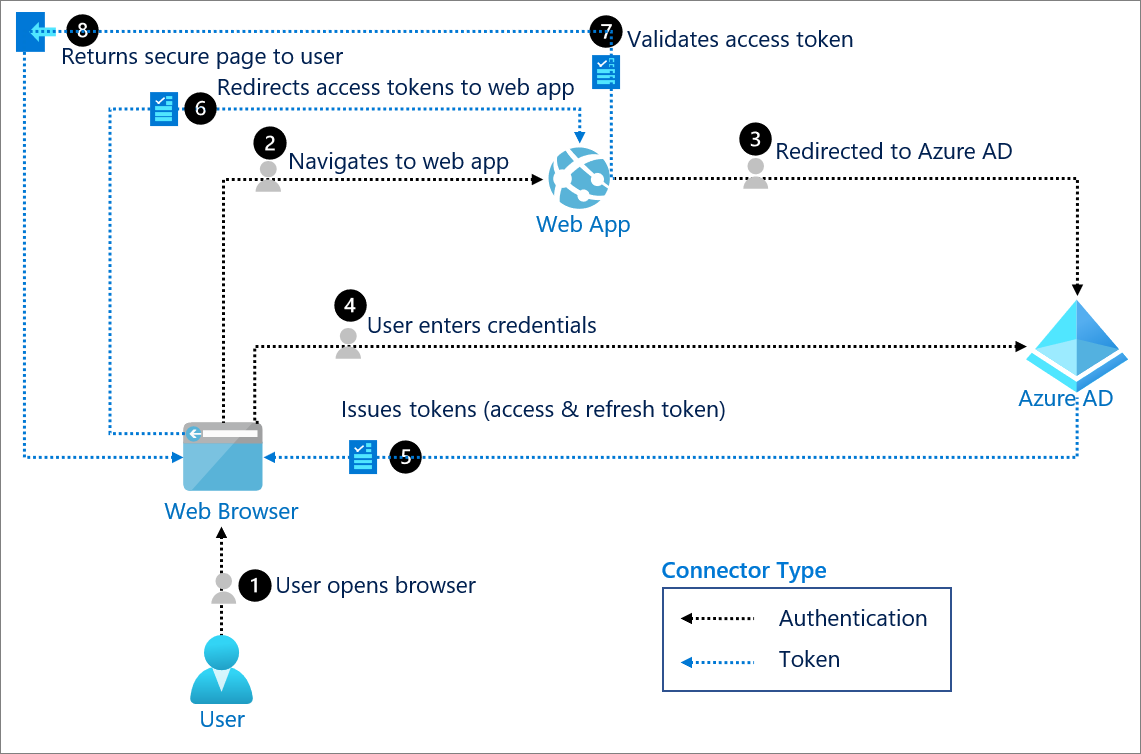Qantas Cyber Incident: 5.7 Million Customer Records Compromised
The recent Qantas data breach affecting 5.7 million customers highlights critical cybersecurity vulnerabilities that could impact any organisation

The aviation industry has been rocked by another major cybersecurity incident, with Qantas confirming that attackers compromised customer data from one of its call centre systems. With 5.7 million unique customer records affected, this breach serves as a stark reminder that no organisation is immune to cyber threats – and the consequences can be devastating for both businesses and their customers.
The Scale of the Qantas Breach
The numbers are staggering:
- 5.7 million unique customer records compromised
- 4 million records contained names, email addresses, and Frequent Flyer details
- 1.7 million records included additional sensitive data such as addresses, dates of birth, and phone numbers
- Call centre systems targeted, highlighting the vulnerability of customer service infrastructure
While Qantas has confirmed that credit card details, financial information, and passport details were not accessed, the breach still represents a significant privacy violation and operational disruption for Australia's flagship airline.
What This Means for Businesses
The Qantas incident illustrates several critical cybersecurity realities that all organisations must confront:
1. Customer Service Systems Are Prime Targets
Call centres and customer service platforms often contain vast amounts of personal data but may not receive the same security attention as core financial systems. Attackers increasingly target these "softer" entry points to access valuable customer information.
2. Data Segmentation Matters
Qantas's ability to confirm that payment and passport data wasn't compromised suggests they had proper data segmentation in place. However, the sheer volume of personal information accessed shows that even segmented systems can contain enough data to cause significant harm.
3. Incident Response Is Critical
Qantas's measured response – including forensic analysis, customer notifications, and coordination with government agencies – demonstrates the importance of having a comprehensive incident response plan ready before an attack occurs.
4. Regulatory Scrutiny Is Intensifying
With multiple government agencies involved and public disclosure requirements, organisations face increasing pressure to not only prevent breaches but also respond transparently when they occur.
Common Vulnerabilities in Customer-Facing Systems
The Qantas breach highlights several areas where organisations commonly face cybersecurity challenges:
Legacy Infrastructure: Many call centre systems run on older technology that may lack modern security features or receive irregular updates.
Third-Party Integrations: Customer service platforms often integrate with multiple systems, creating additional attack vectors if not properly secured.
Employee Access Controls: Call centre staff typically need access to customer data to perform their roles, but this access can be exploited if accounts are compromised.
Data Retention Policies: Organisations often retain customer data longer than necessary, increasing the potential impact of any breach.
The Real Cost of Cyber Incidents
Beyond the immediate operational disruption, cyber incidents carry significant long-term costs:
- Regulatory fines and legal proceedings
- Customer trust erosion and brand damage
- Incident response costs including forensic analysis and customer support
- System remediation and security upgrades
- Insurance premium increases and potential coverage gaps
For Qantas, the full financial impact of this incident will likely be felt for months or even years to come.
How altiacyber Can Help Protect Your Organisation
At altiacyber, we understand that preventing incidents like the Qantas breach requires a comprehensive, proactive approach to cybersecurity. Our services are designed to help organisations identify vulnerabilities before attackers can exploit them.
Assessment Services
Penetration Testing: Our ethical hackers simulate real-world attacks on your customer service systems to identify vulnerabilities before malicious actors find them.
Vulnerability Assessment: We conduct comprehensive reviews of your IT infrastructure to identify security weaknesses across all systems, not just customer-facing ones.
Red Teaming: Our advanced threat simulation exercises test your organisation's entire security posture, including people, processes, and technology.
Ransomware Readiness Assessment: We evaluate your organisation's ability to prevent, detect, and respond to ransomware attacks that could compromise customer data.
Protection Services
Cloud Security: Secure your cloud-based customer service platforms and data storage with enterprise-grade protection measures.
Endpoint Protection: Protect the devices your staff use to access customer data, preventing compromise through malware or unauthorised access.
Perimeter Defences: Implement robust network security measures to prevent unauthorised access to your customer service systems.
Mail Security: Protect against phishing attacks that could compromise employee credentials and provide access to customer data.
Governance and Compliance
Security Compliance and Management: Ensure your organisation meets industry standards and regulatory requirements for data protection and cybersecurity.
Key Steps Every Organisation Should Take
Based on the lessons from the Qantas incident, we recommend all organisations take these immediate steps:
- Audit Customer Data Systems: Conduct a comprehensive review of all systems that store or process customer data, including call centres and support platforms.
- Implement Data Segmentation: Ensure that sensitive financial and identity data is properly isolated from general customer service systems.
- Test Incident Response Plans: Regularly test your ability to detect, respond to, and recover from a data breach.
- Review Access Controls: Ensure that employees have access only to the customer data they need to perform their roles.
- Monitor for Threats: Implement continuous monitoring to detect suspicious activity in customer-facing systems.
The Time to Act Is Now
The Qantas incident serves as a powerful reminder that cybersecurity isn't just an IT issue – it's a business-critical concern that affects customer trust, regulatory compliance, and long-term viability.
Don't wait for an incident to test your organisation's cybersecurity resilience. The cost of prevention is always lower than the cost of a breach.
Ready to strengthen your cybersecurity posture?
Contact altiacyber today for a comprehensive security assessment. Our team of experts can help you identify vulnerabilities, implement robust protections, and develop the incident response capabilities you need to protect your customers and your business.
Contact us at innovate@altiatech.com or call +44 (0)330 332 5482
















